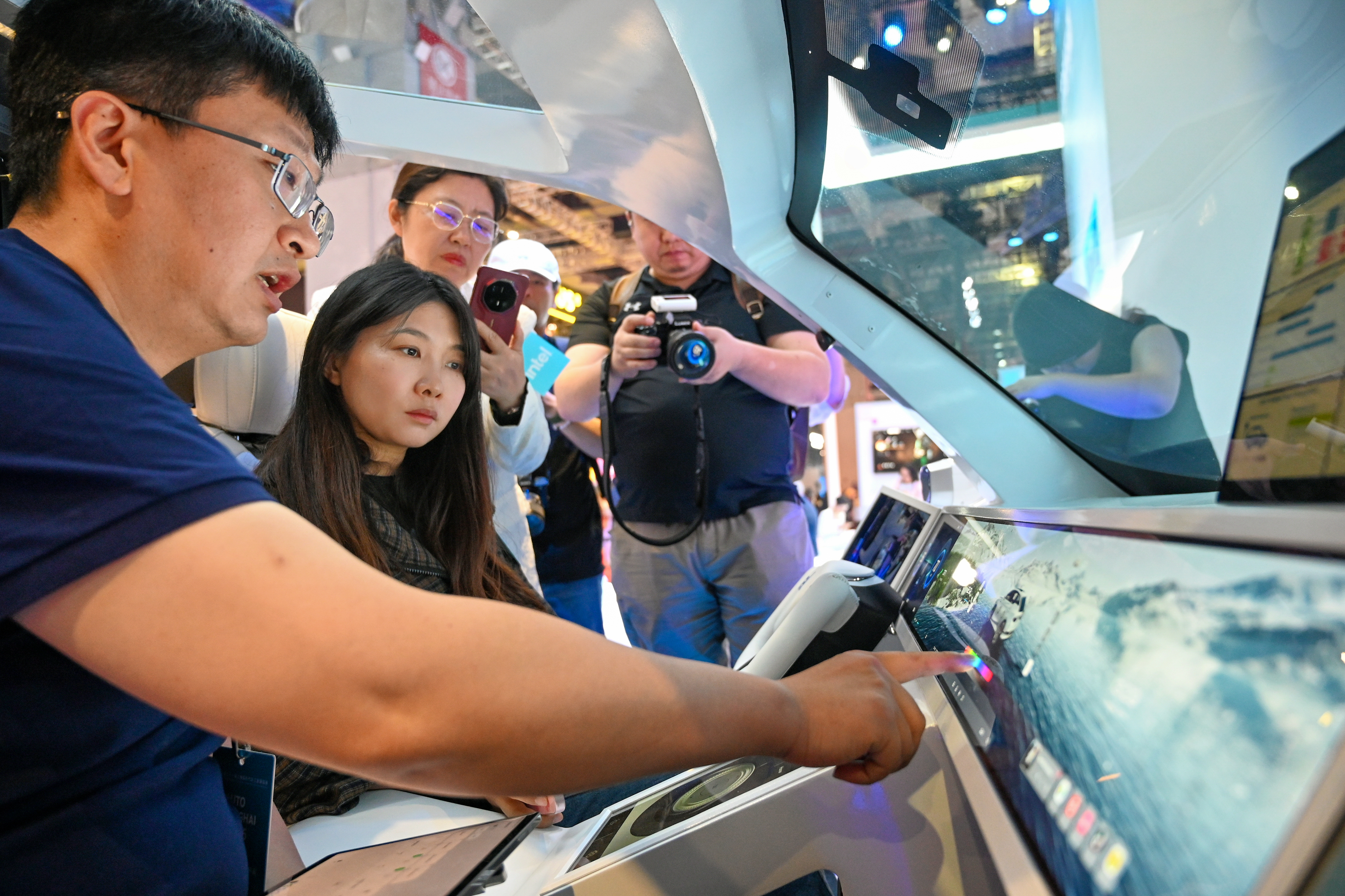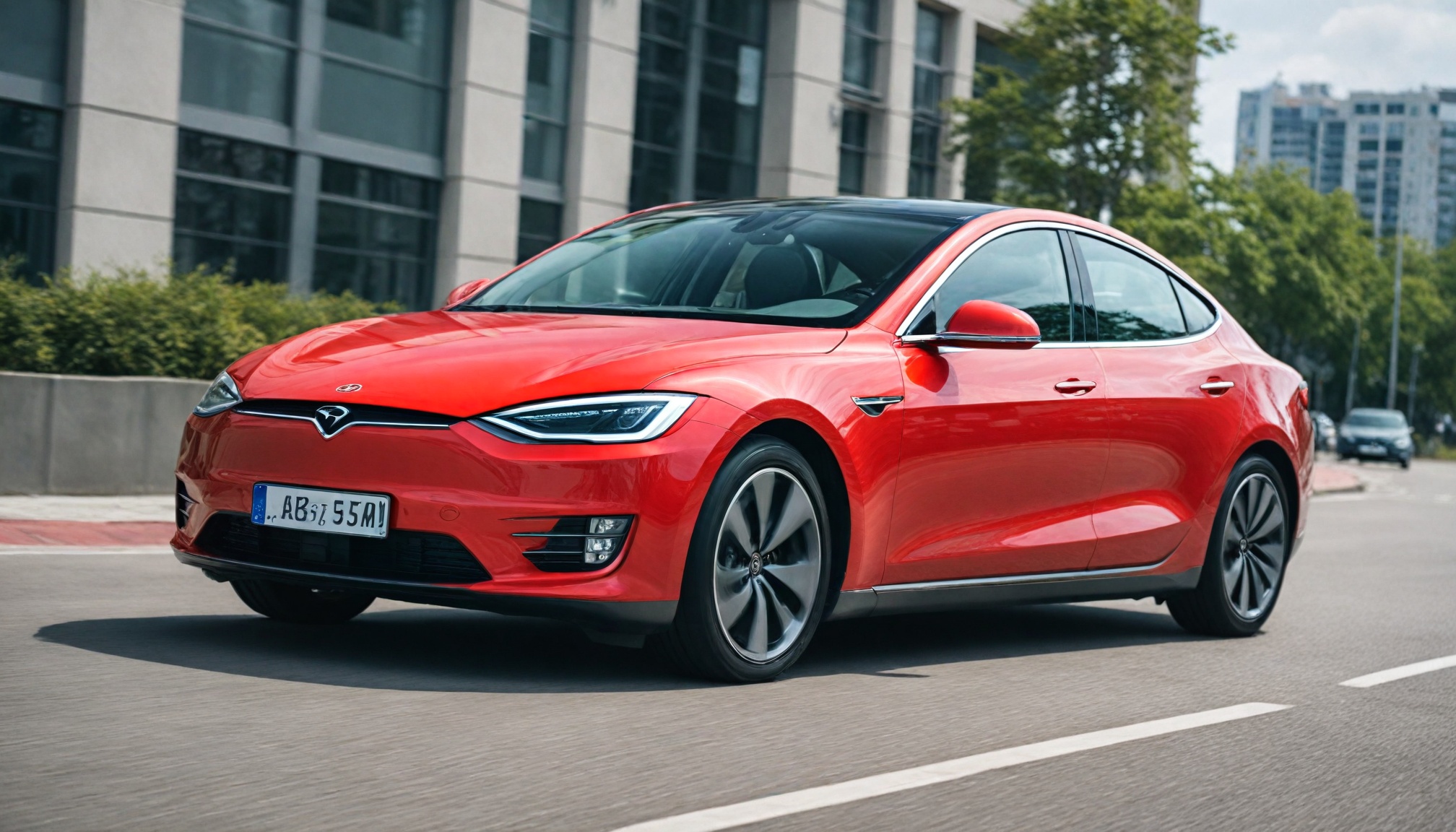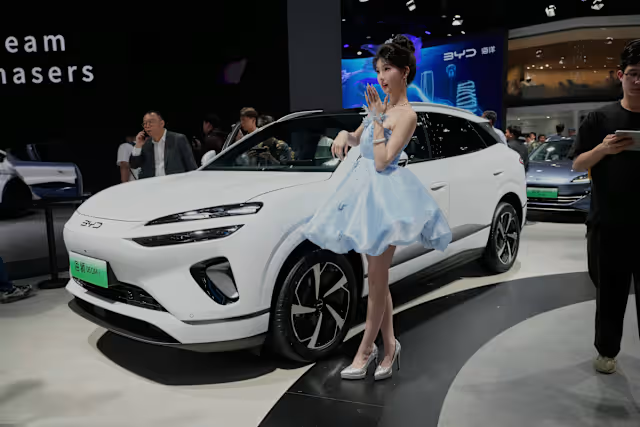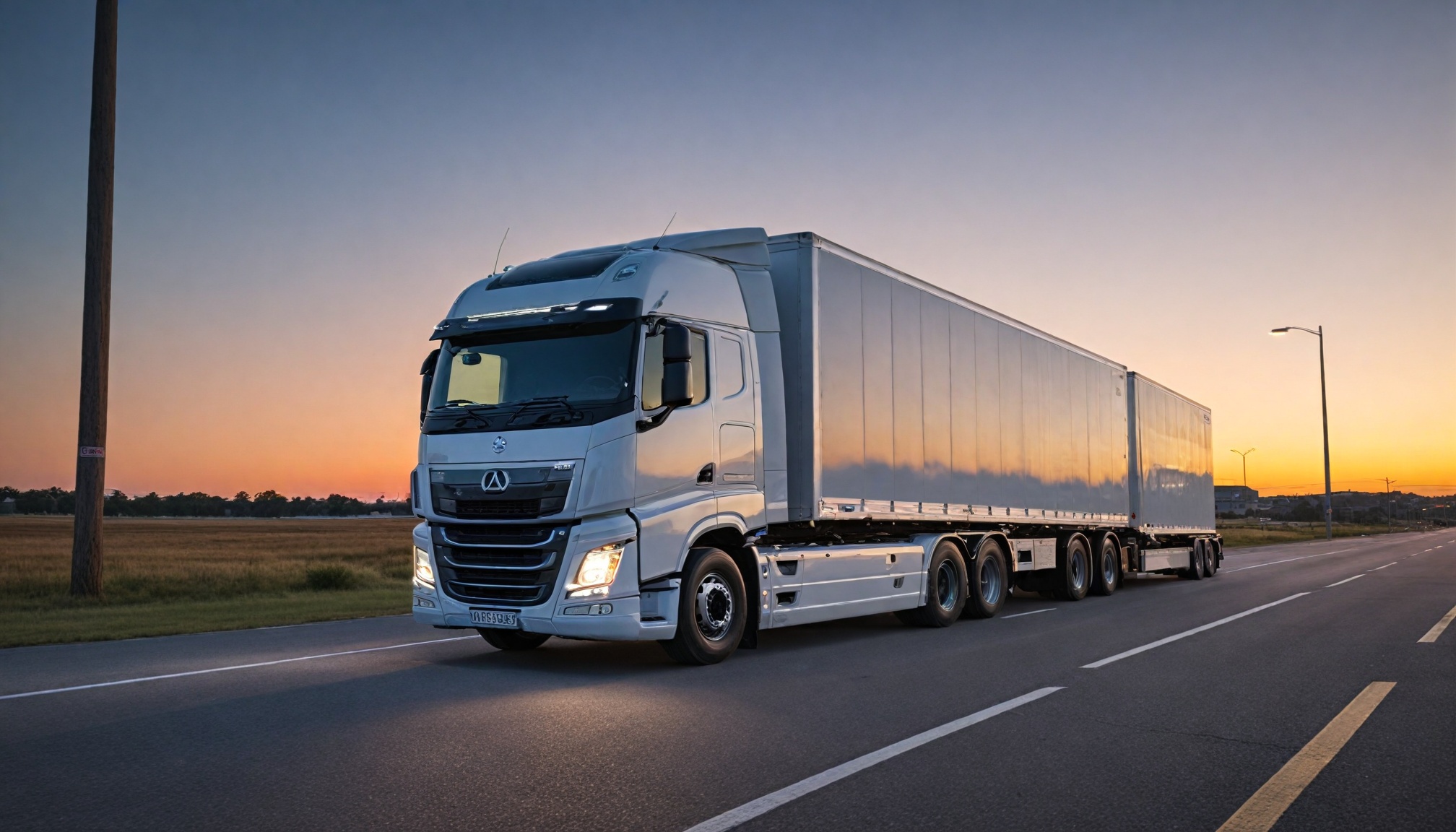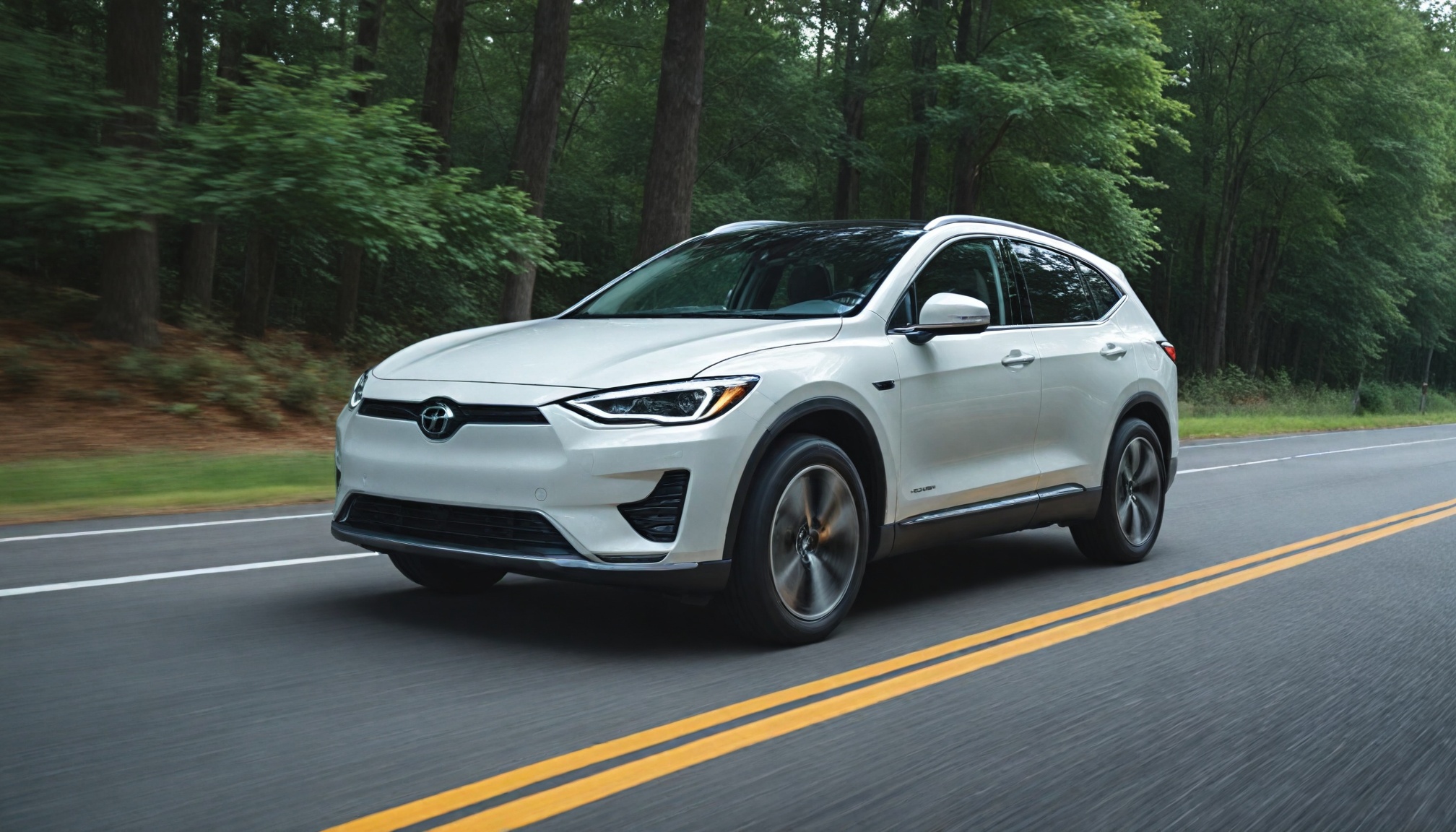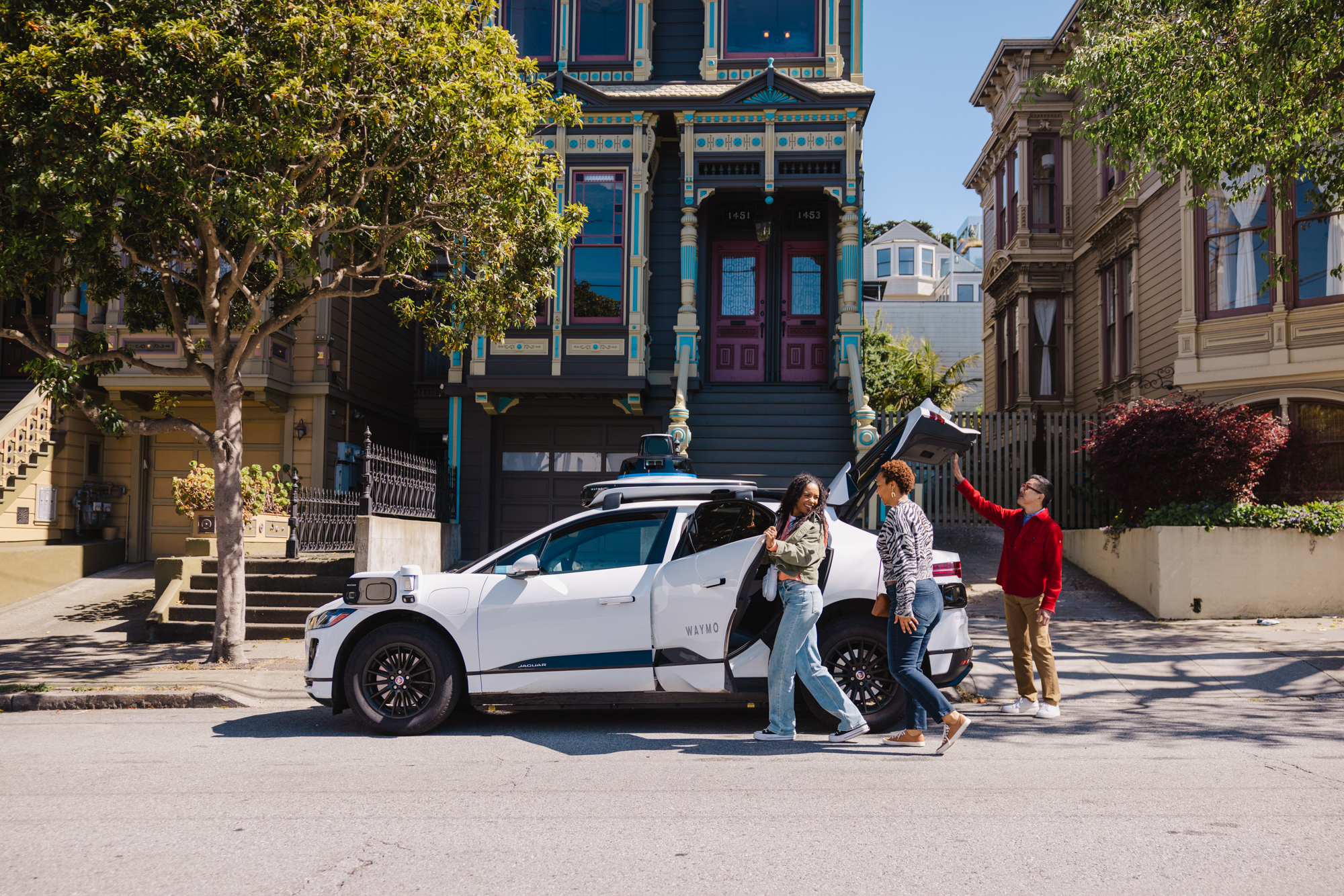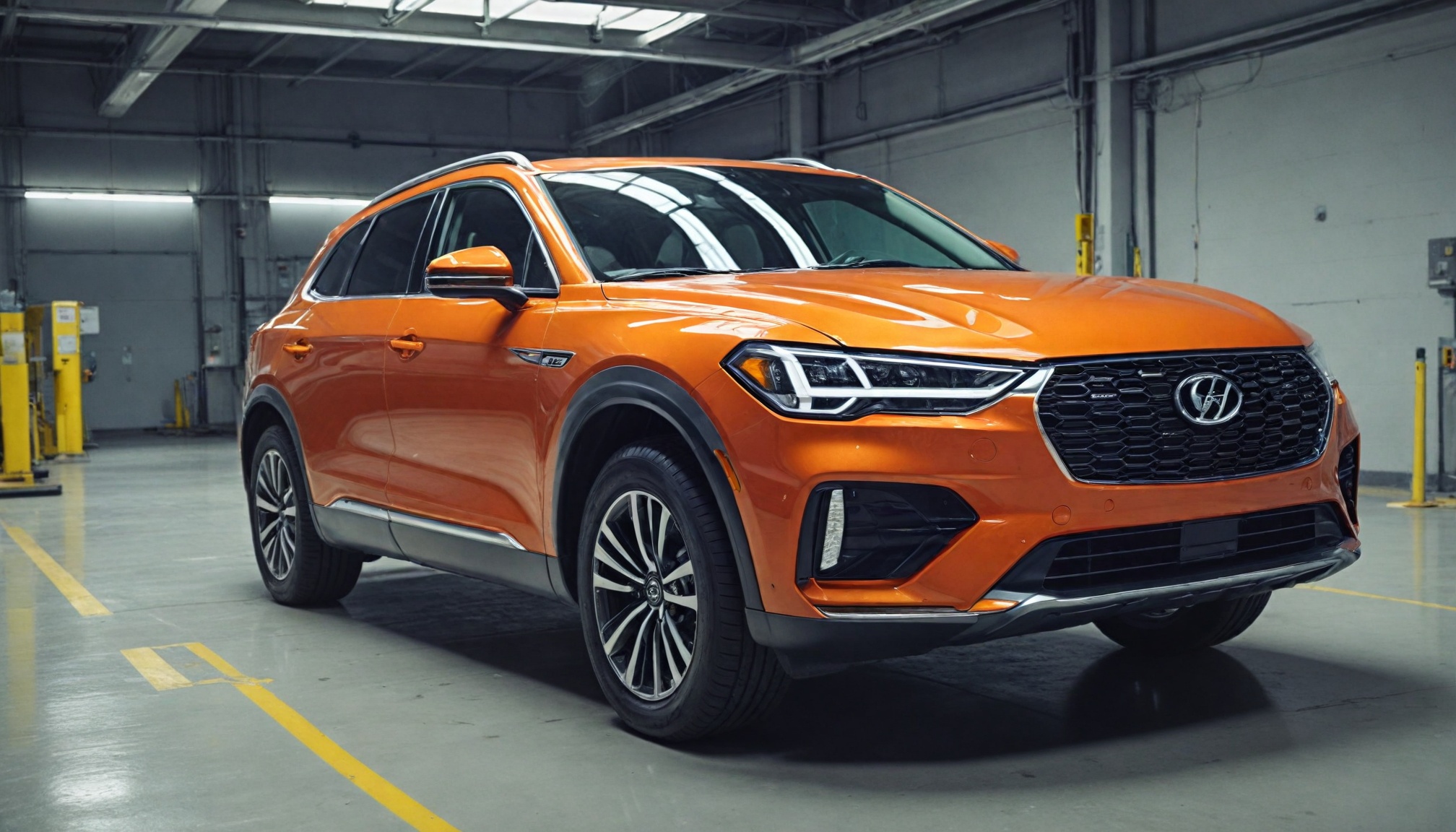
AI transforms rental car damage detection: faster inspections but controversial charges spark legal inquiries and calls for transparency in the evolving $1.2B market.

Drivetech Partners
Major rental car companies are rapidly deploying artificial intelligence systems that can detect vehicle damage in minutes, revolutionizing the traditional inspection process at pickup and drop-off locations. This technology promises remarkable efficiency gains and more accurate damage assessment, but has simultaneously sparked customer disputes, legal inquiries, and calls for greater transparency as complaints about dubious damage charges mount.
Key Takeaways
Rental giants like Hertz and Sixt are leading AI inspection adoption, using 360-degree imaging technology that scans nearly one million vehicles monthly
AI inspection market valued at $1.2 billion in 2023 with projected 18% annual growth through 2032
While companies tout improved accuracy and efficiency, many customers report unexpected charges for minor or pre-existing damage
Legal challenges are emerging as law firms investigate questionable damage charges with claims that AI systems leave little room for consumer dispute
Industry needs standardized protocols for damage assessment, documentation requirements, and transparent dispute resolution processes
The Rise of AI-Driven Vehicle Inspection Technology
The rental car industry is experiencing a technological transformation as artificial intelligence systems replace traditional manual vehicle inspections. Industry leaders Hertz and Sixt have aggressively deployed these systems across major U.S. and European airports, using sophisticated computer vision AI from providers like UVeye and Ravin AI to automatically detect and document vehicle damage.
These systems utilize high-resolution cameras and 360-degree imaging to capture every angle of a vehicle as it passes through specially designed scanning stations. The technology has grown rapidly, with the market valued at $1.2 billion in 2023 and projected to expand at an 18% compound annual growth rate through 2032, according to Global Market Insights.
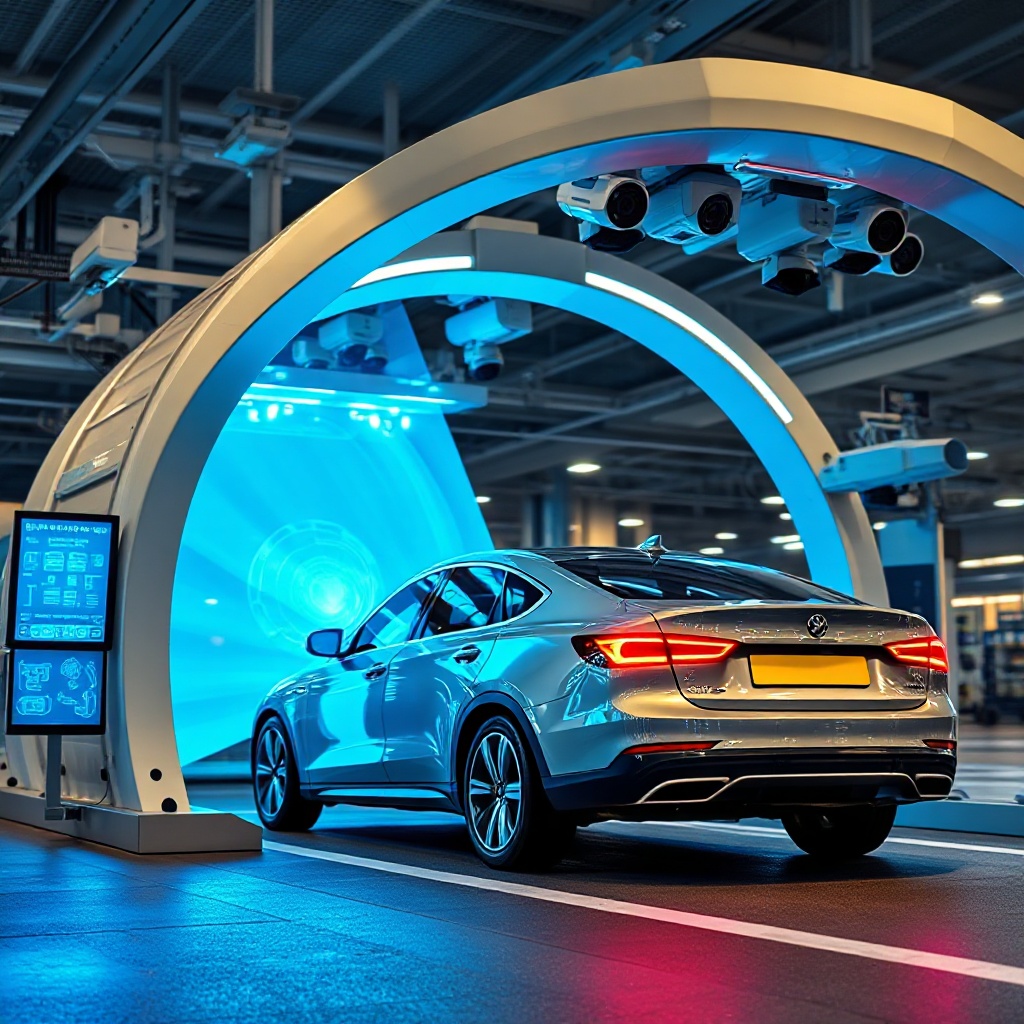
The expansion shows no signs of slowing, with Avis trialing Ravin AI's system at London Heathrow and UVeye's technology now scanning nearly one million vehicles monthly across rental fleets, dealerships, auctions, and manufacturers worldwide. This rapid adoption reflects the industry's eagerness to embrace technology that promises both operational improvements and potential revenue opportunities.
How AI Transforms the Rental Process
The primary advantage of AI inspection technology is dramatically faster processing times. What once took staff members several minutes per vehicle can now be completed in seconds as cars pass through automated scanning stations. This acceleration helps rental companies process returns more efficiently, particularly during peak travel periods when lines can build quickly.
Beyond speed, these systems offer enhanced accuracy and consistency. Human inspectors might miss subtle damage or apply subjective standards, while AI can detect minor imperfections with remarkable precision. UVeye's technology has been described as providing an "MRI for vehicles" with comprehensive detection capabilities that include underbody scans typically impossible with traditional inspections.
For rental companies, the operational benefits extend beyond the customer-facing return process. Real-time damage reporting and AI-driven fleet maintenance leads to:
Fewer vehicle downtimes through early detection of potential issues
Continuous fleet monitoring to track vehicle condition over time
Automated scheduling of preventive maintenance based on AI findings
Detailed monitoring of wear patterns like tire tread depth and glass integrity
Comprehensive digital documentation for insurance and maintenance purposes
Customer Experiences: The Good and Bad
Customer reactions to AI inspection technology have been decidedly mixed. On the positive side, many report faster, more seamless drop-offs. When implemented well, the technology can provide greater transparency through detailed digital reports that document vehicle condition with precision previously impossible.
Hertz claims that 97% of cars scanned incur no billable damages, suggesting the technology primarily serves to document and verify vehicle condition rather than generate additional charges. The company has also introduced dedicated customer support channels, including live agent chat and digital image-sharing, to help resolve potential disputes.
However, social media and consumer complaints tell a different story for many renters. Numerous customers report feeling unfairly penalized when AI detects very minor or pre-existing damage that was potentially missed during pickup. The precision of AI can become problematic when it identifies minimal imperfections that would have been overlooked in traditional human inspections.
These inconsistent experiences suggest implementation varies significantly between locations and companies, creating an unpredictable rental experience that has left many customers frustrated and concerned about potential charges.
Growing Controversies and Legal Challenges
As AI inspection systems become more widespread, so too do the controversies surrounding them. Automatic damage detection flagging minor or pre-existing issues has generated numerous customer complaints about unexpected charges, particularly for small scuffs or blemishes that might previously have been considered normal wear and tear.
The legal community has taken notice. Law firm Shubjohns & Holbrook has launched an inquiry into Hertz's AI inspection practices, actively seeking consumer testimonies regarding questionable damage charges. This represents just one of potentially many legal challenges as the industry navigates this technological shift.
Customers frequently report difficulty disputing AI-generated charges, with claims that systems offer "little room" for consumer challenge. Social media platforms have become filled with complaints about charges for small chips, scratches, or damage that existed before rental but wasn't properly documented during pickup.
These issues have raised concerns about whether rental companies are using the technology primarily to generate additional revenue rather than to improve the customer experience—a perception problem that threatens to undermine consumer trust in the rental process.
Industry-Wide Adoption and Implementation Challenges
The rapid spread of AI inspection technology shows no signs of slowing. Hertz has deployed UVeye's AI scanners to more than 100 U.S. airports following successful European pilots, while other major companies like Avis and Budget claim to retain human oversight while exploring similar AI solutions.
Implementation approaches vary significantly across the industry. Some locations use AI as an advisory tool with human final review, while others rely more heavily on automated assessments with minimal human intervention. This inconsistency creates customer confusion about what to expect when returning a rental vehicle.
The technology adoption is accelerating despite these unresolved issues, creating urgency for standardization. Without industry-wide protocols, customers face potentially different experiences and standards depending on which company they rent from and even which location they visit—a recipe for ongoing disputes and dissatisfaction.
The Transparency Problem

At the heart of many customer complaints lies a fundamental lack of transparency in how AI inspection systems operate and how damage is assessed. The industry currently lacks clear standards for what constitutes billable damage, with thresholds like the traditional 1-inch standard for dents inconsistently applied across companies and locations.
Many customers remain unaware of the AI inspection process until after charges have been applied to their credit cards. This creates a troubling dynamic where renters have no opportunity to document or dispute potential issues before leaving the rental location.
The problem is compounded by inadequate documentation at pickup, which creates significant challenges when attempting to dispute damage identified by AI during the return process. Companies often fail to provide customers with before-and-after scan results in real-time, placing the burden of proof on customers to disprove AI-identified damage.
This asymmetry in information and documentation represents perhaps the most significant challenge to customer acceptance of AI inspection technology, regardless of its technical merits.
The Path Forward: Standards and Consumer Protection
As AI vehicle inspection technology becomes a permanent fixture in the rental car industry, experts and consumer advocates are calling for meaningful reforms to protect customer interests while allowing companies to benefit from technological advances.
Recommendations for industry improvement include:
Providing customers with before-and-after scans at both pickup and return
Establishing independent third-party verification of inspection data for dispute resolution
Implementing mandatory human review to validate AI findings before charges are levied
Developing clear regulatory guidance as AI systems become central to the rental experience
Creating standardized protocols for damage assessment, documentation requirements, and dispute resolution
Greater transparency about AI technology limitations and usage policies would significantly improve customer trust. Rental companies that embrace these principles may find themselves with a competitive advantage as consumers become more aware of their rights and options in an increasingly AI-driven rental market.
The rental car industry stands at a technological crossroads. The companies that balance innovation with fairness and transparency will likely emerge as leaders in this new era of AI-powered vehicle management, while those that prioritize short-term revenue gains may face ongoing customer backlash and regulatory scrutiny.
Sources:
FleetPoint - How AI is driving a better rental experience
Live and Let's Fly - Hertz Deploys AI To Detect Vehicle Damage
CBT News - Hertz uses AI to detect rental car damage, raising consumer concerns
Hertz Newsroom - Hertz and UVeye Partner to Modernize Vehicle Maintenance with AI Technology
Global Market Insights - AI Vehicle Inspection System Market Size, Forecasts Report 2032
The Drive - It's Not Just Hertz: More Rental Car Brands Are Using AI Scanners to Nickel and Dime You
